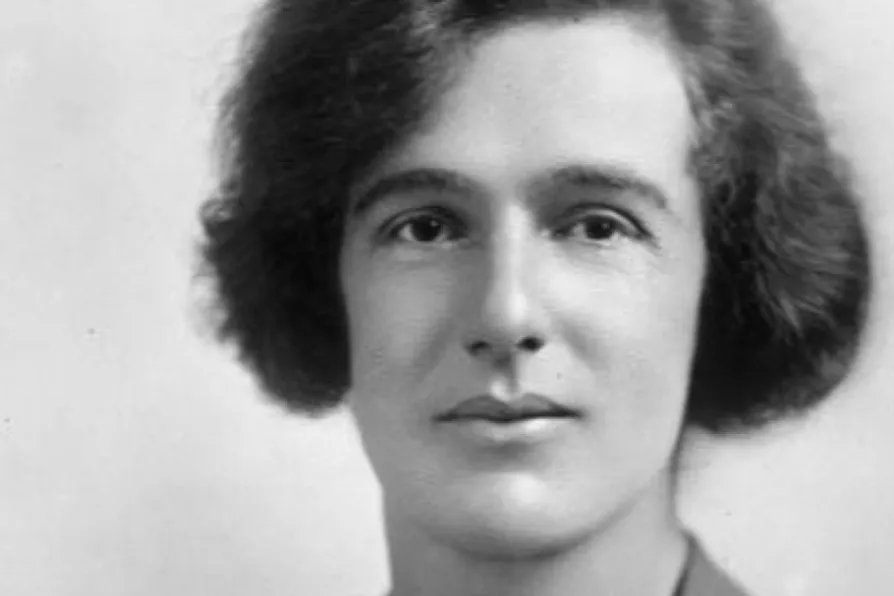Does widespread and uncontrolled use of AI change our relationship with scientific meaning? Or with each other? ask ROX MIDDLETON, LIAM SHAW and MIRIAM GAUNTLETT

 Jessie Stephen (1893-1979)
[Bundesarchiv Bild / Creative Commons]
Jessie Stephen (1893-1979)
[Bundesarchiv Bild / Creative Commons]
ALONG with thousands of other women, I joined the Processions 2018 march in Edinburgh on Sunday June 10.
It was a fantastic day, with colourful and imaginative banners, bringing women of all generations and communities together, with memories of the past and hopes for the future.
Visitors to the city of Edinburgh that day stopped us to talk, to tell us stories of other struggles for the vote, and we all challenged each other to recall correctly our history.

ANN HENDERSON looks at the trailblazers of the Women’s Trade Union League and their successful fight for female factory inspectors — a battle that echoes in today’s workplace campaigns

Maggie Bowden was a trailblazing campaigning lawyer at Birnberg and Thompsons, women’s organiser of the Communist Party, and general secretary of Liberation

ANN HENDERSON on the exciting programme planned for this summer’s festival in the Scottish capital










